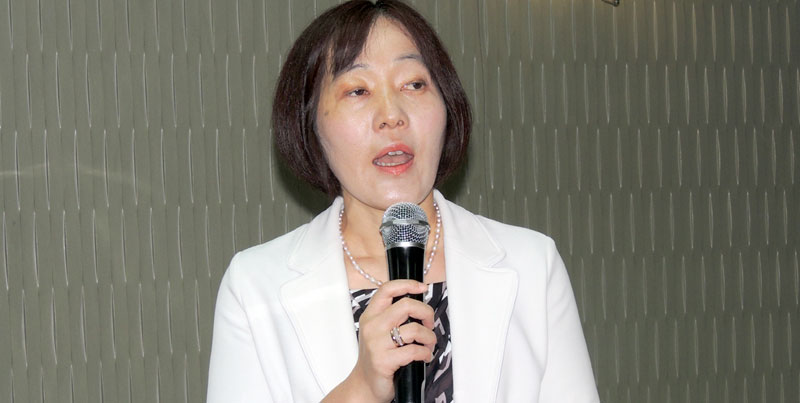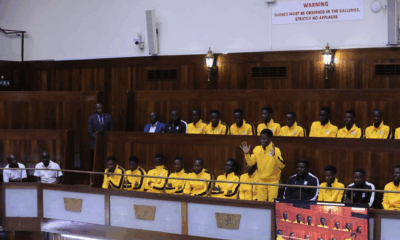News
Japan strategizes for infrastructure deals
Uganda’s heavy investments into the infrastructure sector has been greatly reaped by Chinese companies to the extent that the country is now facing worrying levels of debt owed to China.
But this may be about to change, following Japan’s expressed interest to enter into the lucrative sector.
At the sixth Tokyo international conference on African Development (ICAD V1) held in Nairobi last August, Japan’s Prime Minister Shinzo Abe announced that for the period of three years from 2016 to 2018, Japan will invest Approx. 30 billion dollars under the Public private partnership.
Led by senior officials from Japan’s Ministry of Land, Infrastructure, Transport and Tourism, a delegation of officials from ten of Japanese highly reputable companies this week met with Ugandan officials from the ministry of works, UNRA and KCCA at a forum many described as aimed at building partnerships.
Held under the banner Japan-Uganda Quality Infrastructure dialogue, the meeting drew key players from Uganda’s major players in the infrastructure sector such as Uganda National Roads Authority (UNRA) Kampala Capital City Authority (KCCA) Ministry of works.
The presence of representatives from Japan’s top construction companies as well as comments from officials of both sides made it clear that Japan is eager to participate in the lucrative business.
Indeed, Kazuko Ishigaki, made no secret of the fact when she said that the meeting was not meant to discuss official development assistance (ODA) but to promote exchange and partnership between the Japanese and Ugandan officials.
In response, Eng. Samuel Bagonza, a Commissioner in the ministry of works welcomed the initiative by the Japanese as a vital first step to build the technical capacity of Ugandans in areas of high-quality infrastructure planning and implementation.
“We want to see Japanese and Ugandan companies working joining hands to work on major infrastructure projects,” Bagonza added: “Japanese equipment manufacturers should set up branches in Uganda to provide services to the sector.”
Although Uganda has spent billions of its national budget over the past decade, the government has come under a lot of criticism about the very high cost of nearly all projects compared to similar ones in neighbouring countries.
The Chinese, who were contracted to execute the great majority of the infrastructure projects have been named in several shoddy transactions including fraud, corruption and delivery of substandard work.
Uganda’s preference for the Chinese companies has been made possible by the ability to finance the projects, majority of which were built on loan money. The sunrise has reliably learnt that Uganda is swamped in a Chinese debt wort over 5 billion dollars.
Japanese willingness to provide funding to Africa, will be considered as a move by the Asian super power to rival the Chinese in the sector. Uganda and several other countries in the region will likely benefit from the arrival of Japanese as increased competition will lead to lower bids and higher quality of infrastructure.
Japan’s interest in the sector comes at a critical moment when the country is planning several roads an international airport that have been planned for the Albertine oil regoin.
Comments



















